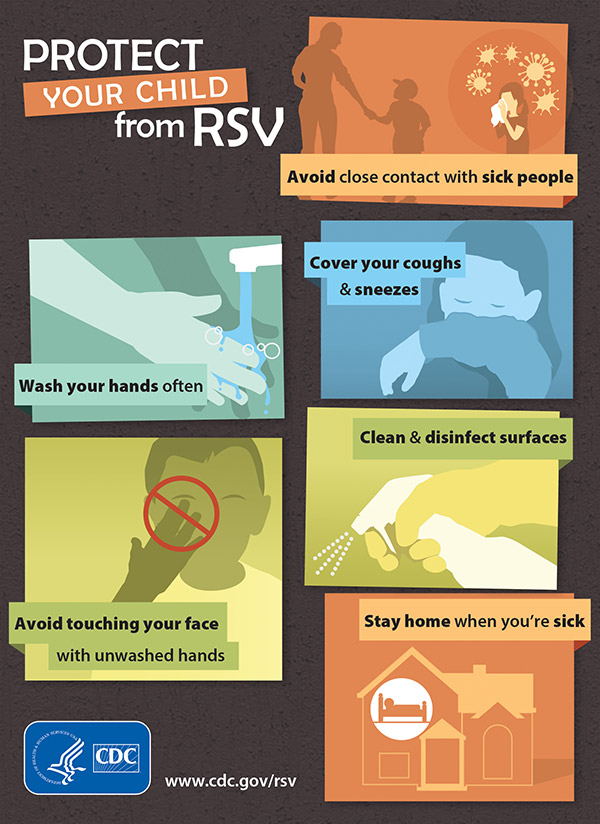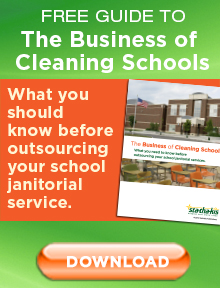
Enterovirus D68 Hits Close to Home
Just last week a toddler right here in Michigan died from Enterovirus D68 (EV-68), a respiratory virus that has sent hundreds of children to hospitals across all but a few states. As a Facilities Manager, new and dangerous viruses rampant in public areas are a concern. So what exactly is EV-D68, how is it different than the host of other viruses we see each cold and flu season? What exactly should you know to protect yourself, your family and your facilities? And what should you be doing in your capacity as a Facility Manager to keep your facilities or school clean and insure a healthy workplace and maximum cold and flu prevention for you, your employees and customers?
Is this New Superbug Poised to Be the Next Great Pandemic?
Thankfully, no, Enterovirus D68 is not likely to have a far-reaching impact beyond the individuals directly affected. However, it is proving to be more concerning than the hundreds of other enteroviruses that cause as many as 15 million infections in the United States annually. What is causing so much concern for health care professionals is in part the unusual amount of children getting sick enough to require hospitalization.
Infants, children, and teenagers have the highest probability of becoming infected and symptomatic as they are less likely to have developed immunity from earlier contact with the virus. Children with asthma appear to have the highest risk for respiratory illness that can become quite severe. Transmission of the virus to adults can happen, but typically, they are asymptomatic or experience very mild symptoms. Jennifer Smith, a spokesperson for the Michigan Department of Community Health, said in a statement to the Detroit News that “while severe illness in children is always a concern, it's important to remember that very few people who contract EV-D68 will develop anything beyond mild flu-like symptoms.”
Symptoms, Transmission & Prevention
According to the Centers for Disease Control (CDC), Enterovirus D68 can cause mild to severe respiratory illness. One of the frightening aspects of it is its symptoms are not so different from other viruses that seem to make their rounds over the peak flu and cold season.
Among the mild symptoms of EV-D68 are:
- fever
- runny nose
- sneezing
- cough
- body & muscle aches
Severe symptoms may include:
- wheezing
- difficulty breathing
Anyone with an existing or suspected respiratory illness should contact their doctor if they are having difficulties breathing or if their symptoms are becoming more severe. If you or your child has asthma or reactive airway disease, see the CDC specific recommendations to get the CDC’s recommendations. There is no specific treatment, anti-viral or vaccine for Enterovirus D68 but talk to your doctor for ways to manage any symptoms or if you think you or a child may be getting worse.
The key to staying healthy this cold and flu season is prevention.
Jennifer Smith from the Michigan Department of Community Health reminds us, "residents should continue to lead their daily lives, practice good hygiene and vaccinate against illnesses that are vaccine-preventable, like the flu. Frequent hand washing with soap and water, covering coughs and sneezes with a tissue or shirt sleeve, and staying home from work or school when sick are all easy ways we can help stop the spread of illness."

The CDC reminds us that the best ways to steer clear from this more serious virus are the same precautionary measures that help ward off all disease causing germs and microbes and push cold and flu prevention. You should:
- Wash hands often with soap and water for 20 seconds.
- Do not touch eyes, nose and mouth with unwashed hands.
- Don’t kiss, hug, and sharing cups or eating utensils with people who are or might be ill.
- Do not cover coughs or sneezes with your hands as this is likely to spread more germs, rather cover your with a tissue or shirt sleeve.
- Clean and disinfect touch points (frequently touched surfaces like doorknobs, handles, telephones and children’s’ toys), especially during the peak of cold and flu season.
- If you are sick, please stay home.
What You as a Facilities Manager Should Do
As a Facilities Manager, cold, flu and virus season can be daunting and workplace illness can cost time and money. Because of this year’s Superbugs, it is a good time to check in with your commercial cleaning company or school janitorial service to make sure they stay ahead of the problem. What does that mean?
- Your cleaning company should be well aware and practicing proper cleaning dwell times—this is the amount of time disinfectants need to saturate a surface in order to kill bacteria and other disease causing microorganisms before being wiped off. Using these cleaning products wrong renders them significantly less effective meaning more disease causing germs left behind. Use them right and reduce workplace illness.
- Your janitorial company or cleaning service should focus their efforts on cleaning touch points to in sure a healthier work environment. Touch points are those areas that see repeated contact from different people like handles, light switches, computer mouse, telephones and the like. Cleaning these oft-used areas can dramatically reduce the spread of disease-causing germs.
- You should remind employees and staff about the importance of proper hand washing, especially during this time of year when so many different illnesses circulate with ease. You can also make this easier for employees by making sure your cleaning company has hand washing supplies like paper towels and soap well stocked.
You as a Facilities Manager cannot keep everyone from getting sick or wipe out the season’s colds and flus completely, but working in cooperation with your commercial cleaning service, you can reduce the spread of disease, keep absenteeism at manageable levels and keep your team healthy and happy.


